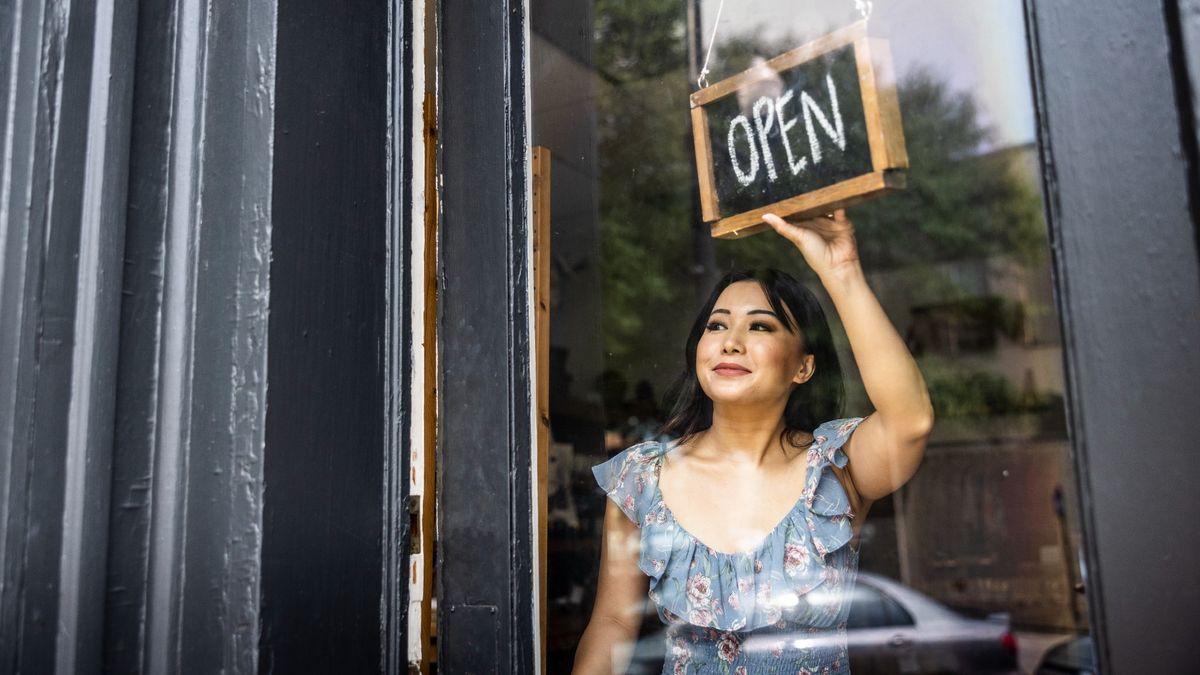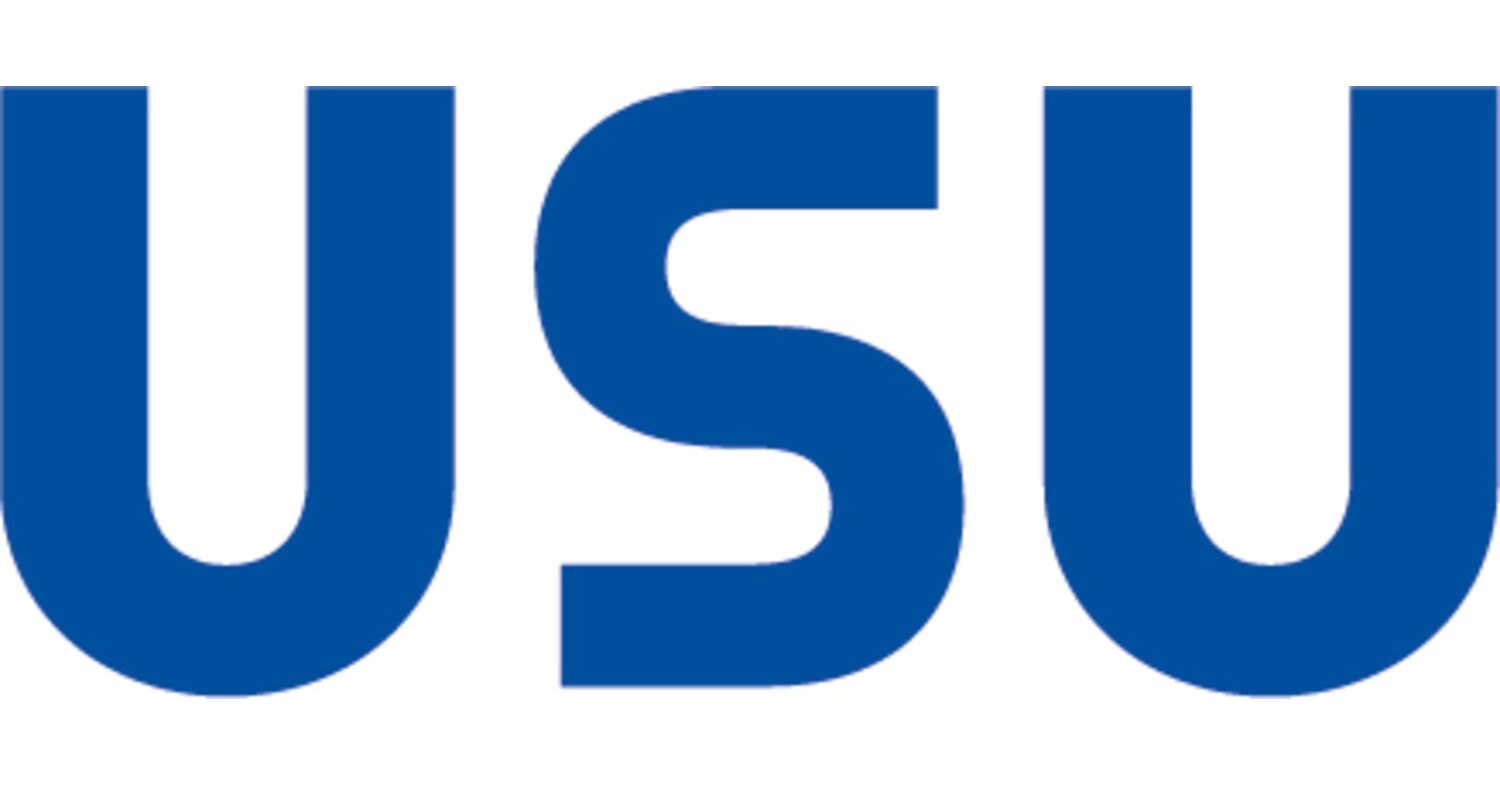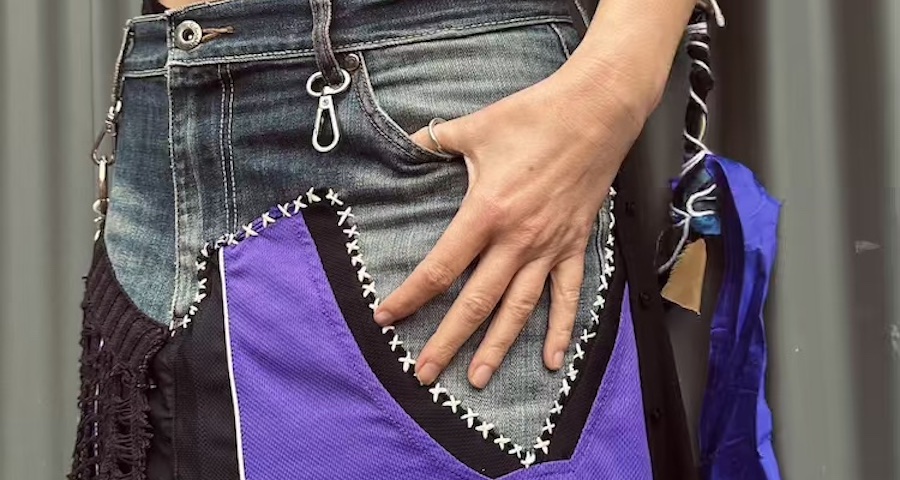Infra
What a referendum may mean for the future of Charleston Co. infrastructure plans

CHARLESTON, S.C. (WCSC) – The county intends to use $5.4 billion to address large-scale transportation, drainage and greenbelt projects.
Here is how it may be distributed:
- 34% to the Mark Clark extension
- 15% to new “potential projects”
- 14% to debt service and interest
- 12% to an annual allocation program
- 12% to CARTA/BRT operations
- 8% to Greenbelt program
- 5% to 2nd transportation sales tax carryover needs
If passed, the ordinance would be active starting in 2027 and remain so for no more than 25 years, or until a matching total of $5.4 billion in returning revenue has been collected.
If not, advocates for the tax believe it could exponentially delay the 22 proposed and priority projects it aims to tackle.
“The vote no on the referendum would ultimately mean that all of that funding is not available, and all of these projects would eventually not get done,” Charleston County Councilmember Jenny Costa Honeycutt said. “The 2016 sales tax will continue to collect but all of this money are already allocated.”
Citizen-based groups “Nix 526: So Much To Lose For So Little to Gain,” and “Charleston: Stop the New Sales Tax,” join the Coastal Conservation League as large opposers to the referendum. Those voters believe the preservation for wetlands and wildlife will fall backward while infrastructure takes priority.
$432 million in greenbelt funds is proposed for the 2027 tax. The Mark Clark extension makes up $2.3 billion.
“We suggested to the county early on that they should separate these questions,” Coastal Conservation League Executive Director Faith Rivers James said. “We have the ability to come back in 2027 in two years and vote a package through that does provide the appropriate allocation for green belt, that does identify and commit to funding the safety projects on the list and we can have enough for those.”
The allocation of funds in 2027 does open an option for review and resubmittal of the tax to ballots next year.
“It carries a tremendous amount of risk. There is no guarantee it comes back later, two, there are extraordinary expenses in the delay of that two-year period when permits could be obtained and when projects could get started. A no vote is a no solution. I can’t fathom what Charleston County would look like if we hadn’t done the 200+ road projects through our TST program. We have made incredible progress, but there’s work to be done, and resources have to be available to do that,” Honeycutt said.
“I think we are trying to hit this with a hammer when we could actually with a fine-tooth comb, figure out those choke points and bring traffic solutions. Without destroying wetlands, without destroying parts of the county park, without ruining settlement communities,” James said.
Transportation sales tax: A brief summary
The 2024 referendum ballot question references the third tax of its kind within Charleston County. The tax is intended to improve public safety and well being by allocating funding for the costs of roads, streets, bridges, drainage, mass transit and green space.
Projects were chosen through collaboration between the state Department of Transportation, Berkeley-Charleston-Dorchester Council of Governments and local municipalities.
This year, the tax would cover projects across North Charleston, Johns and James Island, Mount Pleasant and West Ashley.
In 2004, the first transportation sales tax referendum was approved, allotting $1.3 billion for the program. In 2016, voters approved an additional half-cent tax, making it $2.1 billion.
This year’s tax would be a replacement for the first, which expires in 2031. This means sales tax rates should not increase, according to the county.
The county reported an increase in the cost of construction materials and labor post-pandemic, making it necessary to increase allocation budgets.
The 2024 ballot questions are:
Question One:
“I approve a specials sales and use tax in the amount of one-half (1/2) of one percent to be imposed in Charleston County for not more than twenty-five (25) years, or until a total of $5,400,000,000 in resulting revenue has been collected, whichever occurs first. The sales tax proceeds will be used to fund the following projects:
- Project – for financing the costs of highway, roads, streets, bridges and other transportation-related projects facilities, and drainage facilities related thereto, and mass transit systems operated by Charleston County or jointly operated by the County and other governmental entities. $4,968,000,000.
- Project – For financing the costs of greenbelts. $432,000,000.”
Question Two:
“I approve the issuance of not exceeding $1,000,000,000 of general obligation bonds of Charleston County, payable from the special sales and use tax described in Question 1 above, maturing over a period not to exceed twenty-five (25) years, to fund completion of projects form among the categories described
Copyright 2024 WCSC. All rights reserved.









